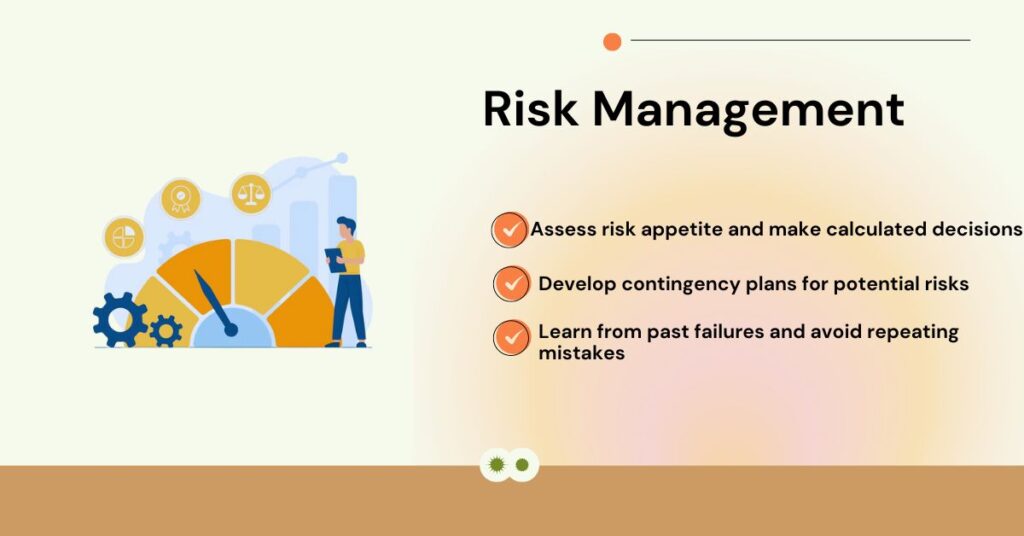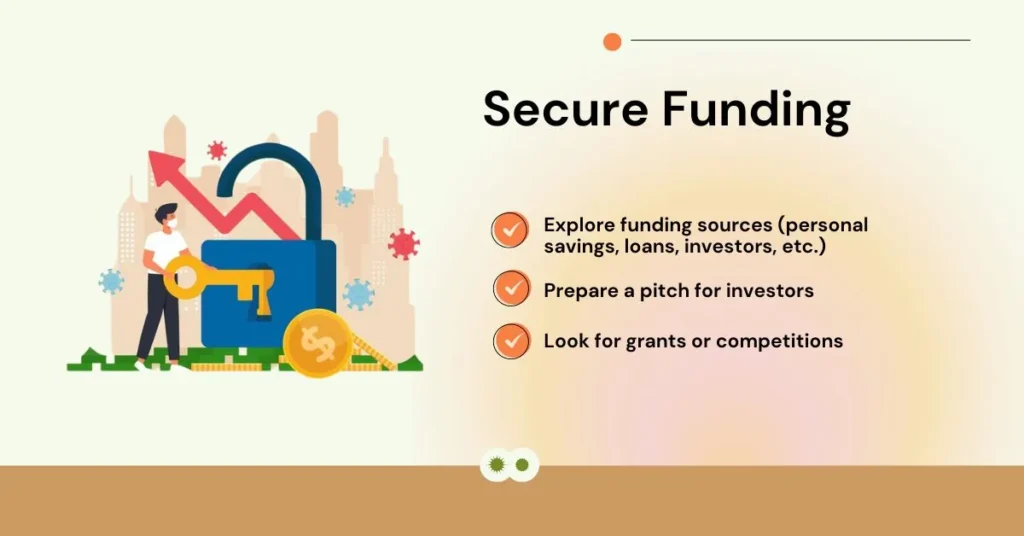It is perfect to start a business at the age of 30 since one is young enough but with enough experience in life. First step involve identifying your passion and then confirming the feasibility of the business concept by conducting market analysis. Develop a good business proposal, source for capital, and attend to issues that pertain legal issues such as registration. Concentrate on the brand and increasing the company’s presence on the Internet to target the consumers. Be flexible and dedicated and continue to develop and change with your enterprise.
Experience and Knowledge

Beginning an enterprise in your 30s is a good time because you will have acquired some wisdom and information that can be priceless to your business venture. Most people work for many years in their careers and in the process acquire knowledge of their sectors, market environment and problem solving skills. This experience enables one to realize market opportunities and meet customers’ needs and wants.
In addition, the knowledge of a specific industry can help you build the trust, and therefore get more clients and investors. A study shows that more than half of the founders in the high growth sectors have 6 to 15 years of industry experience before venturing into business whereby they are well placed to identify and solve most of the common problems in the sectors.
- Industry Insights: By 30, you have probably had a chance to work in various positions or companies thus gaining the overall view of how things work in various organizations. This knowledge can assist you in recognizing the opportunities that are available through the market or the aspects that could use some improvement.
- Problem-Solving Skills: Experience can also help in improving one’s creativity in solving a problem, as has been mentioned in the discussion above. It means that one can use previous experiences to deal with the current and the future problems in a better way.
- Leadership Skills: If you have been in managerial positions you will have to have leadership qualities that can enable you develop a team and lead it.
Network and Resources

In your 30s, you will most probably have developed your strong professional contacts. The network includes both peers, who are other entrepreneurs, teachers, other professionals in the same field, and potential clients, who can help an entrepreneur when he or she is starting a business.
Your connections can provide information, leads, and sometimes money. For instance, 38% of business owners get financial assistance from friends or family members while more than 35% get support in operations including advice or partnership from their connections. The following identified network can be important in the process of business development and management.
- Professional Connections: Your network may contain the ex-colleagues, ex-mentors, ex-subordinates, and other contacts in the field. These are very useful in getting referrals, advice and even support from other people.
- Access to Resources: You may be able to access facilities like co-working areas, business accelerators near you or entrepreneurship training that may help you in business.
- Collaborative Opportunities: Your existing contacts may result in a possible partnership or a collaboration that will benefit your business.
Financial Stability

The other benefit of starting a business in your 30s is that one is most likely to have a stable source of income. Most of the people in this stage in life have invested their time, energy, and resources to ensure they save money, establish good credit, and accumulate assets that can shelter them financially during the initial phase of their business.
A survey that was conducted established that 75% of the business owners use their own money in funding the business and that 50 % of the business owners are 33 years of age. This also helps the decision-making process because you may not be strain with debts and you can be in a position to plan for future development of the business.
- Savings and Investments: It is also quite common to find people in their 30s to have started saving or investing which may help you in funding your business in the initial phase.
- Credit History: Here, you may have establish credit history that would enable you to obtain loans or credit line affiliation to your business.
- Understanding Financial Management: You might have picked some lessons in terms of budgeting and finance management within your daily life and can apply in the business.
Risk Management

Risk management is a very important factor in entrepreneurship and people in their 30s usually take risks with more precautions. You have probably worked for some years and thus, have faced many challenges that enable you to identify and handle risks properly.
You can Minimize the chances of making hasty decisions by coming up with the contingency plans and learning from the previous mistakes. Based on findings from the study, people with more experience in life and work are better placed to identify risk factors and find ways of addressing them, which in turn results in better business performance.
contribute to a more informed and strategic approach to entrepreneurship, increasing the likelihood of success.
- Calculated Risks: At the age of thirty, you might know more about your risk appetite and tendencies and will be able to make rational decisions grounded on facts and not emotions.
- Contingency Planning: You are probably more proficient at developing contingency measures that can help you avoid possible risks that may affect your business.
- Learning from Failures: If you have encountered some failures in your career then you can apply them in your business as a lesson learnt.
To sum up, it is beneficial to start a business in one’s 30s since one gains more experience, has a better network, and better financial standing and risk management. The following can help an individual to take a more informed and planned approach to entrepreneurship thus raising chances of success.
Steps to Start a Business in Your 30s
1. Identify Your Passion and Skills

The process of finding out what interest one and what he or she is good at as the basis of the business idea.
Self-Assessment: Here, think about the things that interest you, what you are good at and what you are not good at. It might be helpful to employ methods such as SWOT analysis that helps in assessing your possible business ventures.
Skill Inventory: State the skills and experience that you can apply in your business. Some of the competences may be technical competence, project management, sales competence, and customer service competence.
2. Market Research

The process of identifying and collecting information about your industry, market and competitors and then using it to check the feasibility of your business idea.
Target Audience: Know your target market and create your availed customer. Lastly, know their demographics, preferences, and issues that they experience to meet their needs.
Competitive Analysis: Find out who your competitors are and what they are doing and what they are not doing well. Identify areas that you can make your business stand out from the rest.
Industry Trends: It is important that you are up to date with the developments and transformations taking place in your particular industry. Some of the sources of data that can be used include Google Trends, industry reports and analyses of Social Media platforms.
3. Develop a Business Plan

A legal document that defined the aims and objectives, strategies and the operations of your business to achieve the desired objectives.
Executive Summary: First of all, describe briefly your business concept and goals: what are you going to do and why?
Marketing Strategy: Explain strategies that you will use in order to attract and maintain the customers. Analyzing the current marketing strategies of businesses, one is able to differentiate between digital marketing, social media and traditional advertising.
Financial Projections: These should include; income statements, cash flow statements, and break-even analysis.
4. Choose the Right Business Model

The choice of a system that will define how your business will make money and how it will create value for the customers.
Business Structure: Choose whether you want to conduct business in your own name or under a different business structure such as a partnership, LLC or corporation. All the structures have different legal and tax concern.
Revenue Streams: Think about what kind of revenue model your business will have. Will you sell goods, provide services, or make the money by means of subscriptions or ads?
Flexibility: So, choose the model of the business that can easily be modified as your business expands or the market fluctuates.
5. Secure Funding

The act of raising the required capital that one need to initiate and expand his/her business.
Funding Sources: Even though you can consider credit card cash advance, there are other traditional and nontraditional sources of funding that you can use: personal savings, bank loans, crowdfunding, angel investors, and venture capital.
Pitch Preparation: If looking for funding from investors then ensure that you have a catchy business plan to present to the investors explaining your business idea, opportunity within the market and necessary financial requirements to get started.
Grants and Competitions: Try to find out other avenues in which funding can be sought without necessarily offering equity.
6. Build a Brand and Online Presence

The need to create a brand that distinguishes your business from that of your competitors and having a starting point in the online world.
Brand Identity: Come up with distinct visual representation of the brand through the use of a logo, color and key_Resonant messages to the target audience.
Website Development: Design an official webpage for the business to market your products or services, share happy customers’ feedbacks, and give a brief overview of the business.
Social Media Strategy: Make accounts on social media platforms that is relevant to the project. Get responses from your audience with frequent posts and updates, as well as taking part in posting.
7. Launch and Iterate

The process of legally commencing operations and management of your business while always enhancing your products or services with time due to their poor performance.
Soft Launch: It towards a soft launch mainly to realize your business idea in front of a limited audience only. It will provide an opportunity to collect people’s opinions and make any changes before launching the app.
Customer Feedback: Make sure to get the feedback of customers or listeners and is willing to adapt and change based on the feedbacks given.
Continuous Learning: Work and learn as a team, update oneself and know more regarding current changes happening in the industry and look for opportunities for betterment.
In this blog post, I outlined some of the most common problems that people starting the business face when they are in their 30s, and steps that can help to avoid them and bolster the likelihood of success.







